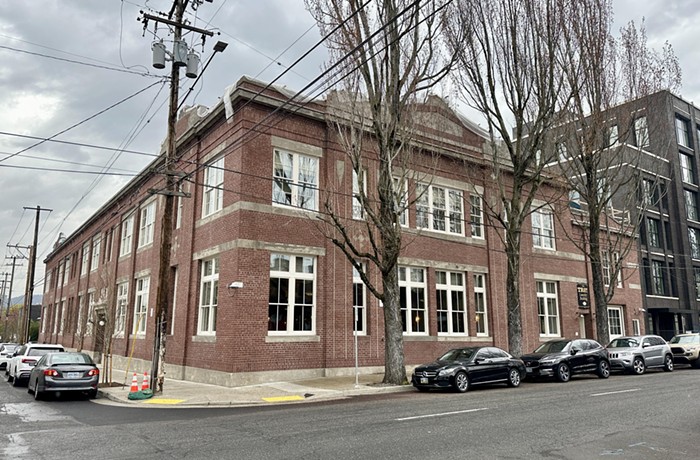
In February, Oregon State Rep. Rob Nosse of Portland proposed a bill, since tabled, that would invalidate three of Oregon’s main prostitution statutes, which would result in the decriminalization of the sale of sex, the purchase of sex, and the “promotion” of sex—a vague catch-all statute that makes it easier to criminalize sex workers. The law against promotion of prostitution is so broad that it leaves anyone even peripherally connected with someone who sells or trades sex vulnerable to the charge of promoting prostitution.
These prostitution statutes, which Nosse’s House Bill 3088 seeks to reverse, make sex workers vulnerable to violence. Fearing possible criminal charges, sex workers will isolate from their safety networks and not seek help when facing dangerous situations.
Many sex workers fear reporting violent crimes because police do not always take sex workers’ complaints seriously, even when they involve violent victimization. Making matters even worse, some sex workers are arrested when they try to report violence committed against them.
The 2014 murder of Ashley Benson, a local woman who sold sexual services, illustrates the isolation and vulnerability of both workers and their families: Benson’s mother wasn’t able to explicitly express her concerns about her daughter to the hotel staff who could have checked on her. Unfortunately, Benson’s story is not unique among individuals involved in sex work.
The continued criminalization of sex work only harms those involved in sex work. Criminal charges for prostitution affect an individual’s chances of future employment, housing, and education, which all impact and restrict an individual’s ability to provide for themselves and their safety. Do we want to live in a society where marginalized groups are punished for work? Data shows that altering our stance toward sex work is the key to fixing many of the problems that people involved in the sex trades face.
HB 3088 acknowledges that sex work is legitimate work— simply economic survival under capitalism—and individuals selling or trading sex should be protected. We believe that adults should be allowed to make their own choices about their bodies, and that this bill is informed by the lived realities of sex workers across Oregon. We support Nosse’s efforts in favor of evidence-based and reality-based policy on the sex industry.
Matilda Bickers is a writer and founder of the local mutual aid group StrollPDX. Dr. Melissa Hope Ditmore’s research and writing focus on the sex trades and human trafficking in the US and abroad.

















